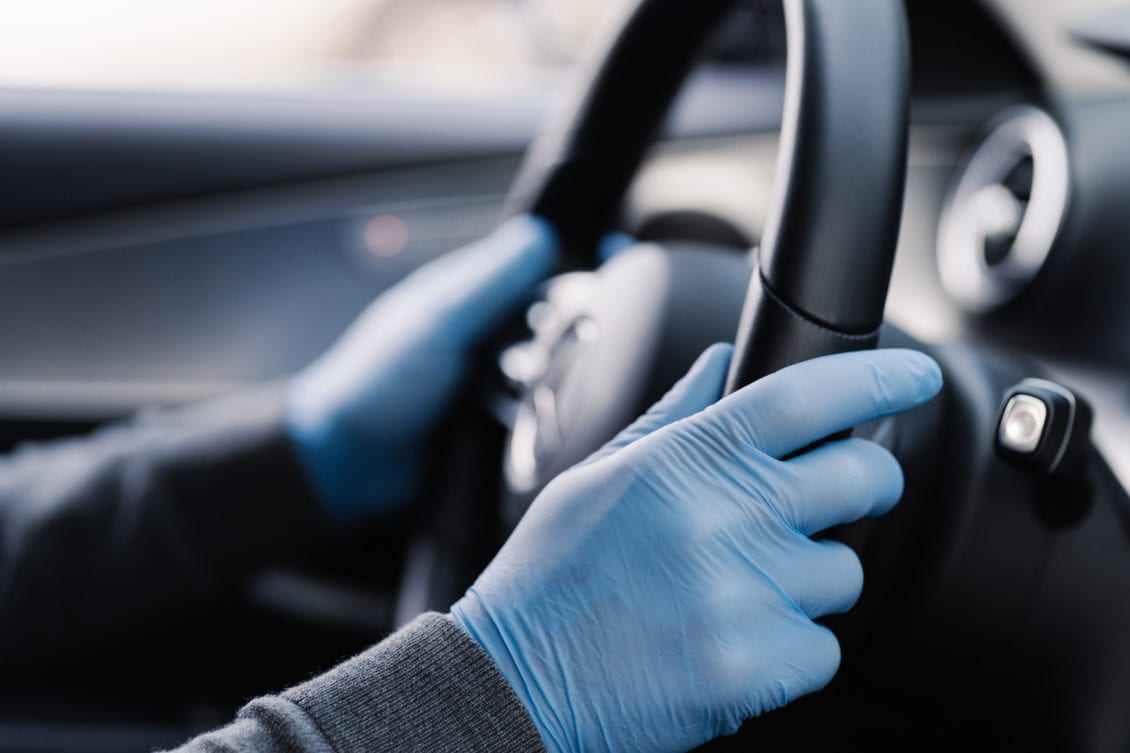Car buyers and sellers will be operating in a new world and new order when they are again allowed to go out and into showrooms as early as today in England but at dates to be decided in Wales, Scotland and Northern Ireland.
One of the biggest changes in doing business post-Covid-19 will be seen in Suzuki dealerships where the UK importer is introducing a seven-day road test period for all buyers of their new models up to 250 miles.
After you’ve bought the car in cash or through Suzuki Finance, you’ll have seven days to drive it with a limit of 250 miles and keep it or return it to the dealership and either get another car from the range without the seven day policy, or get your money back.
Suzuki UK is also providing interest-free finance on models sold before October and aiming at the Mobility sector with a nil deposit scheme for badge holders.
The ground-breaking Buy&Try seven day scheme was explained by Suzuki head of public relations, Alun Parry, “It’s open to retail customers and we wanted to give them reassurance they can come into a dealership, look at a car, buy and try it in a safe environment and decide if it’s for them, but if they for whatever reason don’t like it they can return it for a refund.”
There are, naturally, imitations but Suzuki is confident nearly all buyers will keep their new car after seven days.
While Suzuki’s approach and marketing plan is trendsetting it’s also true that dealerships and motor manufacturers are confident buyers will return to showrooms after two months of virtually no business. Some believe they could be in for a boom as more turn to private cars for transport and turn against an inadequate and segregated public transport system which cannot meet pre-lockdown requirements.
Most car makers and franchised dealers are coming back into the market with zero or low intereest finance deals and donations towards purchase, which are effectively for buyers a price cut on whatever they want to buy.
On-line car sales websites have reported a steep jump in views with second hand city cars being particularly popular. It may, however, be matched by a steep decline in people willing to buy privately without the hygiene regime being set up by professional sellers. Certainly the private seller is going to have a tough time and maybe only by drastically slashing prices will a sale be made.
The trade believe it can maintain prices because demand will be healthy but the real question on lips is “Will they come”. People may be cautious about venturing out and spending on high priced goods if there is the risk of redundancies caused by lost business in their employment, so finance and facilities will play an important part in the process of returning to ‘near-normal’ sales.
The car dealers’ bodies and motor manufacturers have set out guidelines they say must be put in place if customers are to shop as safely as possible respecting social distancing. Depending on manufacturers and dealers this could mean only visiting showrooms by appointments, particularly to undertake test drives, and when inside there will likely be limits on numbers, direction of travel and contact with people, as well as hygiene regulations to follow.
The rules have been changed to allow unaccompanied test drives but you may have to sit on disposable seat covers and have sheaths over handbrakes, gearlevers and door handles, which some makers are already planning to provide.
Most social events around a new car launch will be low key and dealer events will, if held, see guests being two-metres apart.
Virtual launches over the web have been planned for new models over the next few weeks and this may become more regular as time goes on.
Press events for fewer journalists but over a longer period of time to accommodate numbers will be dictated by space at venues.
Even servicing will change with space restrictions in workshops limiting the numbers of vehicles which can be worked on in some locations and timed bookings will be the norm. Some repairers are planning to do collect and return services for customers, but at a cost in most instances.
The cost element is important with some dealers rigidly sticking to lists while others are willing to negotiate, a bit, say analysts. At the end of the day it will all boil down to demand and supply and that’s very true of the growing number of electric vehicles.
Now that the hybrid vehicle support has ended there is more pressure on the dealers to convince buyers they can save money with a hybrid while doing their bit for the environment, but it is the availability of charging which will push the move to pure battery vehicles.
Range anxieties are diminishing for electric vehicles and more commercial delivery firms are using them so they become more commonplace, but the cost of pure battery electric vehicles is still too much for many compared to a conventional petrol or diesel engined model.
Part of the new age in dealerships will be convincing the old traditional buyers to look into BEV ownership and away from the internal combustion engine. Expect to see greater incentives to switch to these, possibly through a renewed scrappage scheme which is unlikely to be as generous as the €13,000 seen in France but the dealers and industry say this will be necessary.
In Wales it looks like car dealers will see their reopening delayed until 21 June, subject to further review by Welsh Government.








Leave a Reply
View Comments